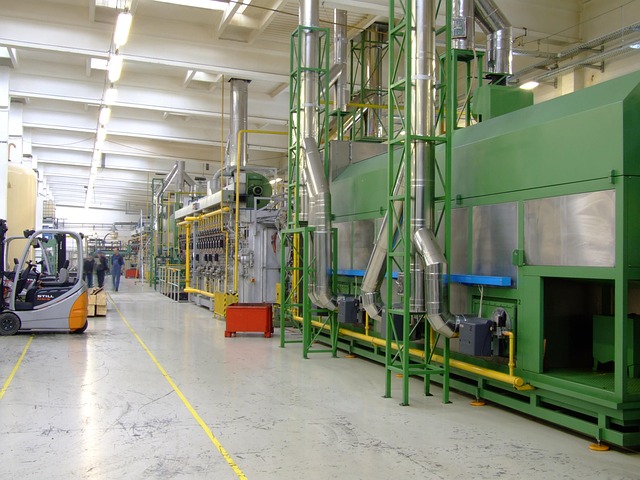In the heart of every agricultural community lies a wellspring of production potential waiting to be tapped. Farmers and rural communities are the backbone of our food systems, yet they face numerous challenges that hinder their ability to achieve sustainable growth. One pivotal factor in unlocking this potential is the integration of transport sustainability within rural development initiatives.
Transport sustainability is more than just a buzzword; it represents a holistic approach to ensuring that every link in the agricultural supply chain is not only efficient but also environmentally conscious. Efficient transport networks facilitate the movement of goods from farms to markets, reducing waste and ensuring that fresh produce reaches consumers promptly. However, many rural areas still grapple with inadequate infrastructure, leading to bottlenecks that stifle growth. By investing in sustainable transport solutions—such as electric vehicles, improved road systems, and eco-friendly logistics—communities can significantly enhance their production potential. Access to modern and reliable transport options means farmers can focus on what they do best: cultivating the land and producing quality food without the constant worry of whether their goods will reach the market in time.
Moreover, the lens of rural development is crucial in this narrative. It’s about more than just laying down roads; it’s about comprehensive strategies that empower local communities. When rural areas are developed with sustainability in mind, they thrive economically and socially. By creating more value-added opportunities—such as local food processing facilities or farmer cooperatives—communities can harness their inherent production potential. Investment in education and technology also plays a vital role in equipping farmers with the knowledge to implement sustainable practices that maximize yields while conserving natural resources.
Integrating transport sustainability into rural development plans not only boosts agricultural output but also nurtures a sense of community pride. When farmers can easily transport their products, it fosters connections between producers and consumers, ensuring that money circulates within the community. This strengthens local economies and promotes a culture of support and collaboration that uplifts everyone involved.
In essence, unlocking the full production potential of agricultural communities hinges on our ability to rethink and redesign our transport systems. By privileging sustainability in this framework, we pave the way for enhanced productivity, resilience against climate change, and, ultimately, a more secure food future. Our farmers are ready to rise to the occasion, but they need the means to do so. The path forward is clear: let’s commit to building sustainable transport networks that truly empower rural development and unleash the incredible potential that resides in our agricultural heartlands.




